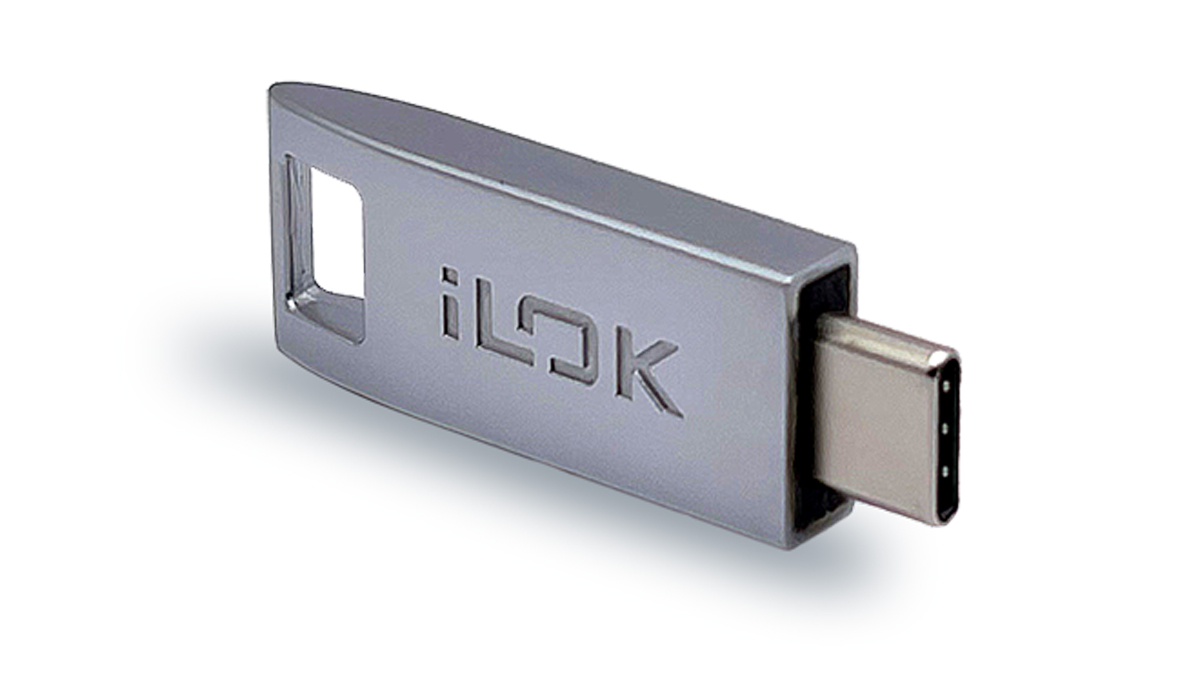There’s now a USB-C iLok, meaning one less adapter for MacBook users
Is the extra convenience worth paying another $60 for, though?

In hot music software licensing/computer connection port news. Pace has announced that a USB-C version of its industry-standard iLok dongle is now available.
With many laptops now offering just USB-C ports - we’re looking at you, MacBook owners - the need for such a thing is obvious, and now it’s here.
Internally, the USB-C version is the same as the third-generation USB-A iLok, so can hold up to 1,500 authorisations. It’s also twice as fast as the second-gen model, and comes in an aluminium case for extra durability.
• Best Apple MacBook Pro M1 deals for May 2021: bag a laptop bargain
iLok USB-C is fully backward compatible with previous versions, and owners also benefit from Zero Downtime (ZDT) protection. This means that, even if your iLok is lost, damaged or stolen, you’ll still have access to your licenses.
“Many people asked for a USB-C version of the iLok, and here it is,” explained Andrew Kirk, Vice President of PACE Anti-Piracy, Inc. “More computers are entering the market with USB Type-C ports, and our new iLok USB-C allows users with USB-C ports to use our licensing key without the need of additional adapters.
“Along with our Fusion Anti-Tamper technology, the 3rd generation iLok USB-A and iLok USB-C provide a publisher with the most secure tools in the industry. Period.”
Get the MusicRadar Newsletter
Want all the hottest music and gear news, reviews, deals, features and more, direct to your inbox? Sign up here.
The iLok USB-C is available now priced at $60. Unfortunately, there doesn’t seem to be a crossgrade option from the USB-A version, so existing users will have to decide if that’s a price worth paying for the additional convenience it might offer.
Find out more on the iLok website.



I’m the Deputy Editor of MusicRadar, having worked on the site since its launch in 2007. I previously spent eight years working on our sister magazine, Computer Music. I’ve been playing the piano, gigging in bands and failing to finish tracks at home for more than 30 years, 24 of which I’ve also spent writing about music and the ever-changing technology used to make it.
“From a music production perspective, I really like a lot of what Equinox is capable of – it’s a shame it's priced for the post-production market”: iZotope Equinox review
"This is the amp that defined what electric guitar sounds like": Universal Audio releases its UAFX Woodrow '55 pedal as a plugin, putting an "American classic" in your DAW









